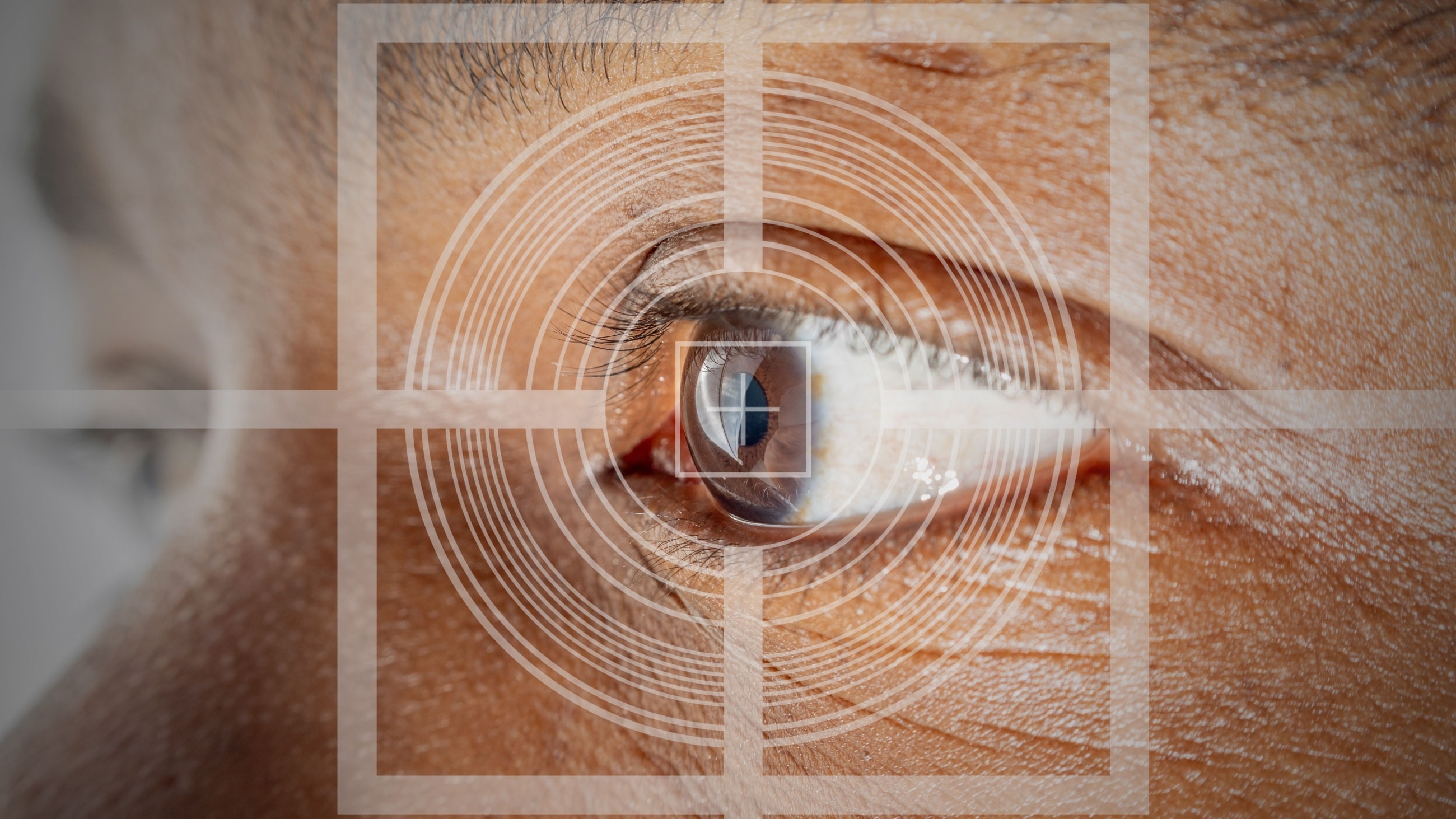- Amblyopia
- Astigmatism
- Blindness & Low Vision
- Cataracts
- Color Blindness
- Diabetic Retinopathy
- Dry Eye
- Eye Floaters
- Glaucoma
- Heterochromia
- Hyperopia
- Macular Degeneration
- Myopia
- Nystagmus
- Ocular Migraine
- Presbyopia
- Ptosis
- Strabismus (Eye Misalignment): Articles on Causes and Treatments
- Retinal Detachment
- More Conditions
- VIEW ALL
- VIEW ALL
LASIK and Refractive Eye Surgery
Tired of wearing eyeglasses or contacts? Are you researching for more information about LASIK? Is LASIK right for you? Learn more and get tips about LASIK.
Related Articles
All About Vision and AllAboutVision.com are registered trademarks of Essilor Laboratories of America, Inc © 2000-2026 Essilor Laboratories of America, Inc. The content on this site is for informational purposes only. All About Vision does not provide medical advice, diagnosis or treatment. Contact an eye doctor if you need medical attention.






































